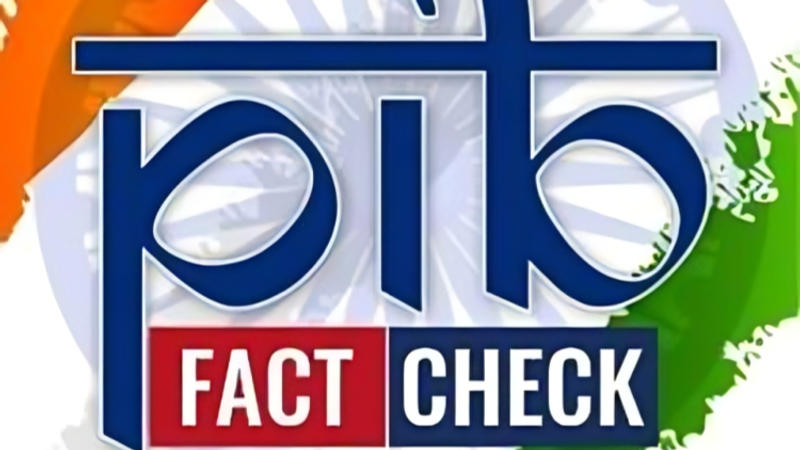Published 15:26 IST, December 23rd 2024
Receiving Fraudulent Emails From Govt? How To Cite Fake Messages? PIB Clarifies
PIB Issues Advisory on Fraudulent Emails Claiming to Be from Government Officials.

The Press Information Bureau (PIB) has issued an advisory to warn the public about fraudulent activities involving emails that appear to be from government officials or departments.
Beware of Fraudulent e- PAN Card Emails
Have you received an email asking you to download an e-PAN card? Be cautious! The Income Tax Department does not ask for detailed personal information through email. They will never request PIN numbers, passwords, or similar sensitive data related to your financial accounts.
PIB: Key Advisory Points
If you receive an email claiming to be from the Income Tax Department or directing you to an official website:
- Do not respond.
- Avoid opening attachments. Attachments may contain harmful software.
- Do not click on links. Links in phishing emails may lead to fake websites.
- Do not copy and paste links. Fraudsters can make links appear legitimate but redirect you to malicious sites.
- Use security software. Keep antivirus, antispyware, and firewalls updated to protect your computer.
PIB: Reporting Phishing Emails
If you receive a suspicious email or come across a fake Income Tax website:
- Forward the email or website URL to webmanager@incometax.gov.in or incident@cert-in.org.in.
- Provide the email’s internet header if possible, as it contains information to trace the sender.
- After forwarding, delete the suspicious message.
- For phishing emails unrelated to the Income Tax Department, forward them to incident@cert-in.org.in.
Updated 15:30 IST, December 23rd 2024